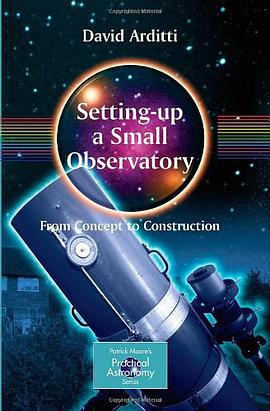

This long-awaited project presents the results of a major research effort to determine the parameters of the stylistic variability of Arab folk music in Israel. Central to this old and highly improvised musical tradition is a unique modal framework that combines the concept of "maqam"--the foundation of Arab music theory--with other characteristics, including those of the text. "Palestinian Arab Music" is a comprehensive analysis of this music as actually practiced, examining both musical and nonmusical factors, their connection with the traits of individual performers, and their interaction with sociocultural phenomena.
Working initially with their own 1957 invention, the Cohen-Katz Melograph, and later with computers, Dalia Cohen and Ruth Katz recorded and digitized several hundred Palestinian music performances. The authors analyzed the musical tradition in light of its main variables. These include musical parameters, modal frameworks, the form and structure of the music, its poetic texts, and aspects of the social functions of the tradition. As a result of their study, the vexed aspect of intonation in practice is revealed to exist in a special relationship with the scale systems or "maqamat, " which are in turn of great importance to organizing the music and determining its modal systems.
具體描述
讀後感
評分
評分
評分
評分
用戶評價
相關圖書
本站所有內容均為互聯網搜索引擎提供的公開搜索信息,本站不存儲任何數據與內容,任何內容與數據均與本站無關,如有需要請聯繫相關搜索引擎包括但不限於百度,google,bing,sogou 等
© 2025 qciss.net All Rights Reserved. 小哈圖書下載中心 版权所有




















